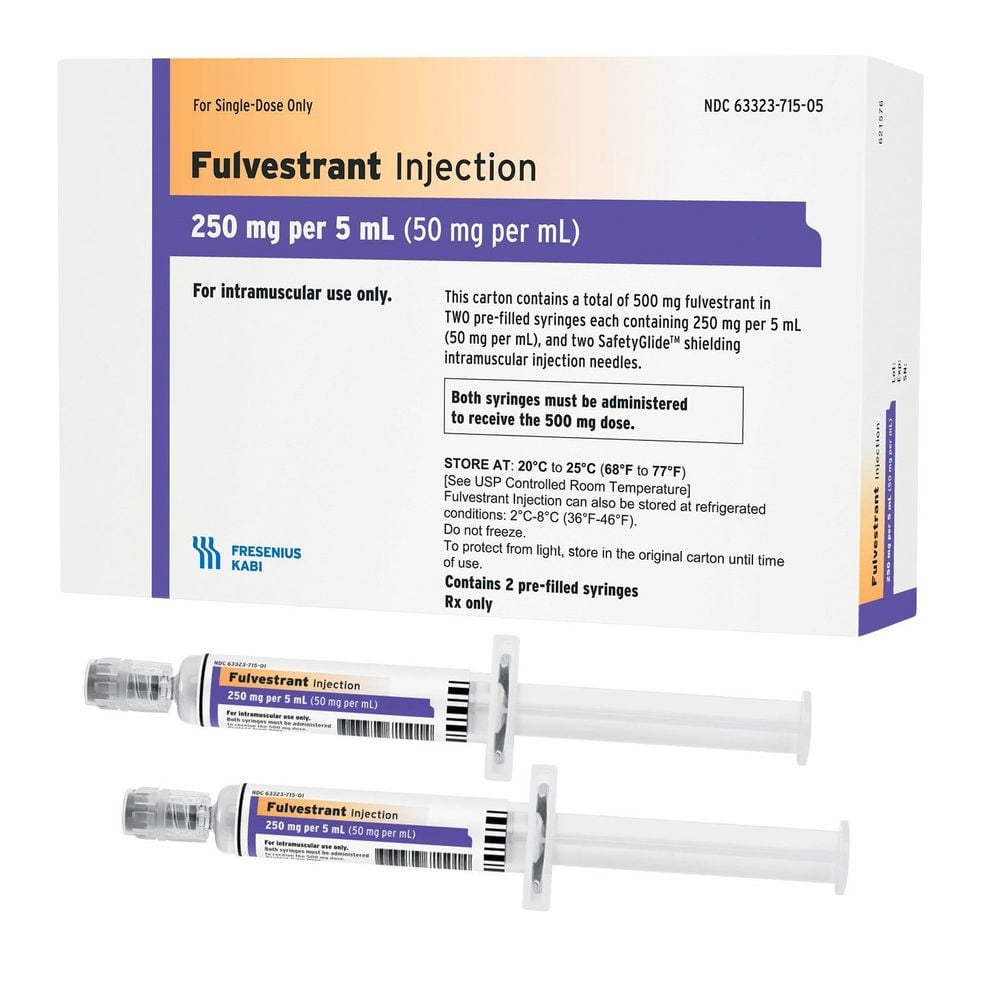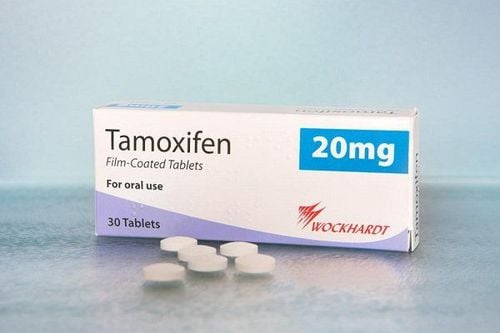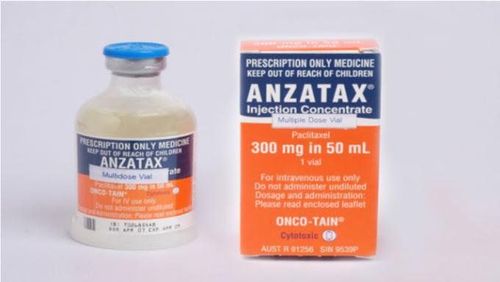This is an automatically translated article.
Metastatic breast cancer is one of the extremely dangerous diseases and there is no treatment, the disease is common in women, currently, up to 60% of cases of metastatic breast cancer are due to recurrence after breast cancer treatment and only about 10% of patients diagnosed with metastatic stage at the beginning.
1 What is metastatic breast cancer?
Breast cancer is a condition in which malignant tumors form and grow, spread inside the breast, breast cancer cells can gather, grow, invade surrounding tissues or metastasize to distant tissues. in the body. Metastatic breast cancer is the final stage of breast cancer, patients diagnosed with metastatic breast cancer have almost 0% treatment ability.
At the metastatic stage of breast cancer, breast cancer cells metastasize to other organs of the body such as bones, liver, lungs, depending on each patient, the tumors spread to other parts of the body. Among them are:
Breast cancer with bone metastasis Breast cancer with lung metastasis Breast cancer with liver metastasis Breast cancer with brain metastasis Breast cancer with axillary lymph node metastasis Treatment methods for metastatic breast cancer only help reduce the symptoms caused by the disease and improve or maintain the quality of life, as well as limit the side effects caused by the treatment and prolong the patient's life time.

Bệnh ung thư vú di căn
2. How is metastatic breast cancer treated?
Depending on the progress of the disease, the patient's body and the severity of the symptoms, as well as the positive or negative hormone receptor status that the doctor prescribes the treatment regimen, most cancer patients In metastatic breast cancer, systemic treatment and endocrine therapy are usually only selected in patients with minimal metastases, insignificant organ metastases, or asymptomatic significant metastases. .
3. The role of fulvestrant in the treatment of metastatic breast cancer
Several studies have been performed to show the efficacy of fulvestrant at 250 mg and 500 mg in the treatment of patients with hormone receptor positive postmenopausal metastatic breast cancer. Fulvestrant is a competitive estrogen receptor (ER) antagonist with affinity comparable to estradiol. The mechanism of action is related to down-regulation of ER-protein levels, anti-proliferative and cell death. Fulvestrant showed no cross-resistance with Tamoxifen.
In the treatment of metastatic breast cancer, fulvestrant is used as an adjunct to other areas of the body in postmenopausal women. It is also used in patients who have not responded well to other medications, which work by blocking the effects of estrogen, slowing the growth of cancer cells.

Thuốc Fulvestrant
When using fulvestrant in the treatment of metastatic breast cancer, if the patient shows signs of an allergic reaction to the drug such as a rash, difficulty breathing, swelling of the face, lips, tongue or throat... handled in a timely manner. Some less serious side effects when using fulvestrant can include:
Asthenia, fatigue; Cough, difficulty breathing; Hand or foot pain; Headache, back pain; Bone pain, joint pain, muscle pain; Vomiting, loss of appetite, constipation; Hot flashes; At Vinmec International General Hospital, there is a Breast Cancer Screening Package to help detect breast cancer early even when there are no symptoms.

Breast cancer screening package at Vinmec for the following subjects:
Female customers, over 40 years old. Customers wishing to be able to screen for breast cancer Customers are at high risk of cancer – especially customers with a family history of breast cancer. Women of reproductive age, perimenopause and menopause. Women who are having symptoms of breast cancer such as: pain in the breast, lump in the breast, etc.
Please dial HOTLINE for more information or register for an appointment HERE. Download MyVinmec app to make appointments faster and to manage your bookings easily.













